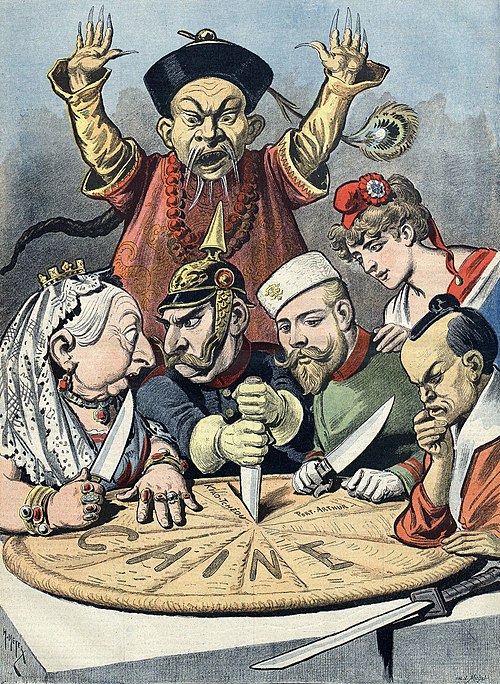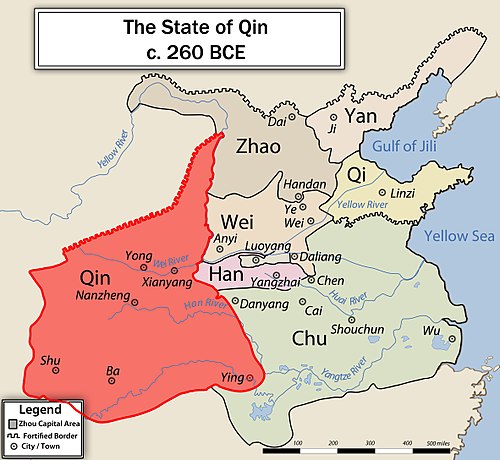Imperialismnoun
The policy of forcefully extending a nation's authority by territorial gain or by the establishment of economic and political dominance over other nations.
Imperialismnoun
The power or character of an emperor; imperial authority; the spirit of empire.
Imperialismnoun
The policy, practice, or advocacy of seeking, or acquiescing in, the extension of the control, dominion, or empire of a nation, as by the acquirement of new, esp. distant, territory or dependencies, or by the closer union of parts more or less independent of each other for operations of war, copyright, internal commerce, etc. The practise of building or extending an empire.
Imperialismnoun
a policy of extending your rule over foreign countries
Imperialismnoun
a political orientation that advocates imperial interests
Imperialismnoun
any instance of aggressive extension of authority
Imperialism
Imperialism is a policy or ideology of extending the rule over peoples and other countries, for extending political and economic access, power and control, often through employing hard power, especially military force, but also soft power. While related to the concepts of colonialism and empire, imperialism is a distinct concept that can apply to other forms of expansion and many forms of government.
Expansionismnoun
The policy, of a nation, of expanding its territory or its economic influence.
Expansionismnoun
the doctrine of expanding the territory or the economic influence of a country
Expansionism
In expansionism, governments and states expand their territory, power, wealth or influence through economic growth, soft power, military empire-building or colonialism.In the classical age of conquest moral justification for territorial expansion at the direct expense of another established polity (who often faced displacement, subjugation, slavery, rape and execution) was often as unapologetic as treading on the philosophical grounds of might makes right. As political conceptions of the nation state evolved, especially in reference to the inherent rights of the governed, more complex justifications arose.















